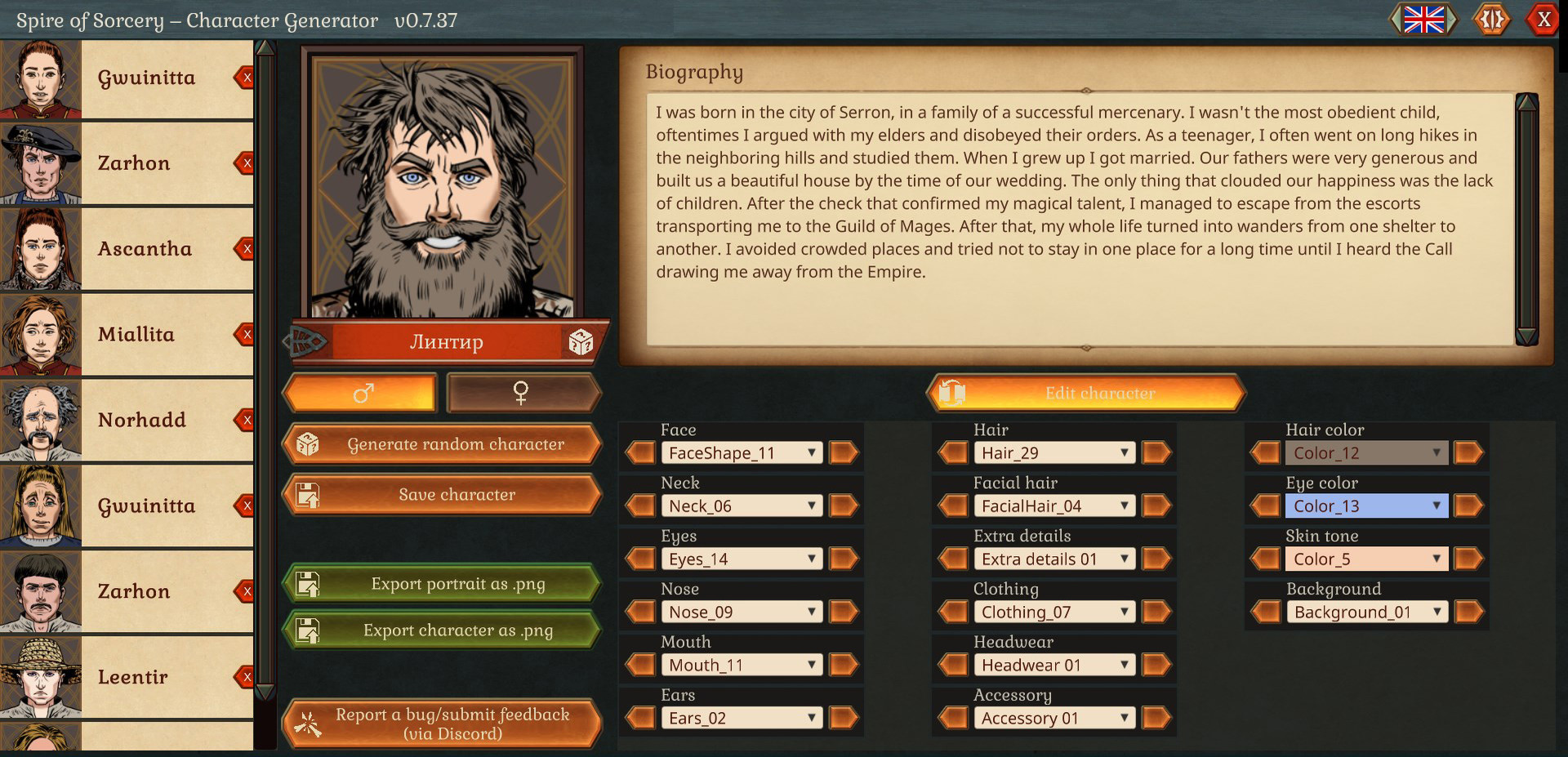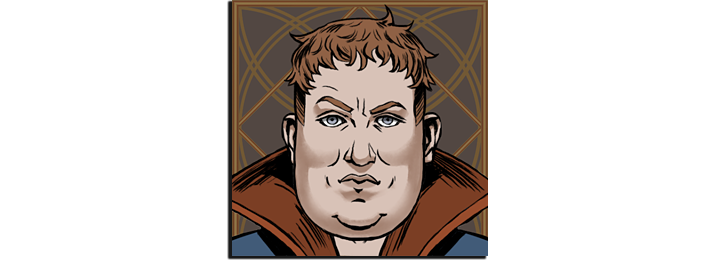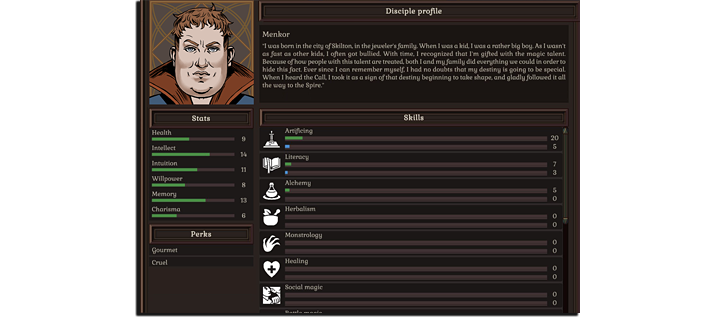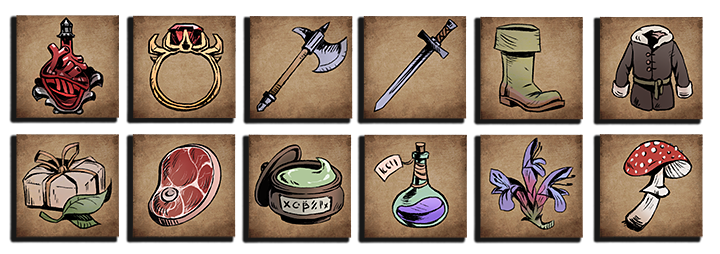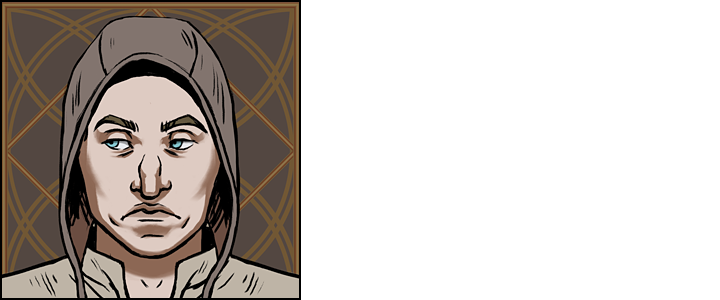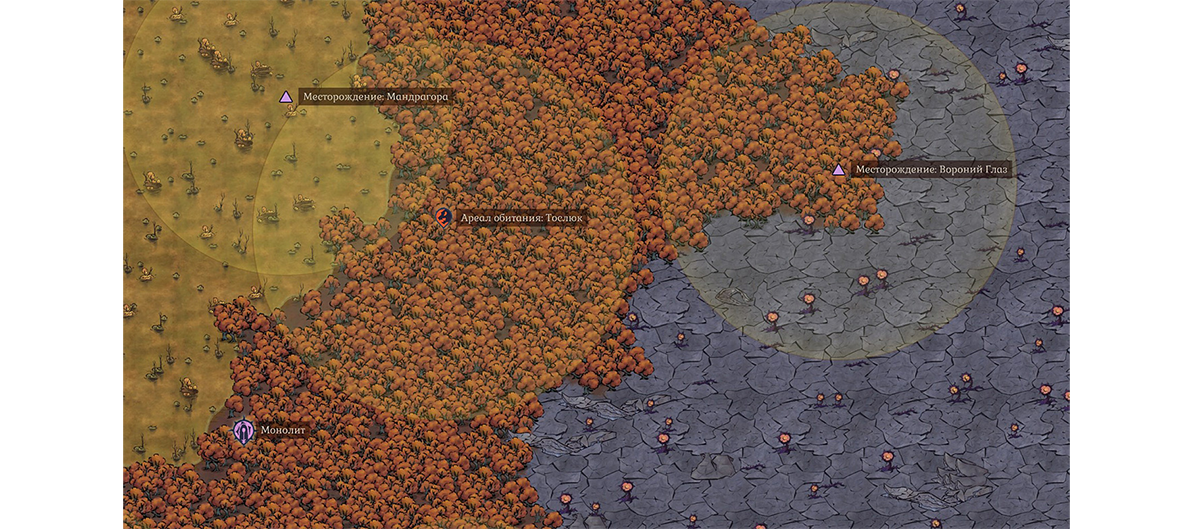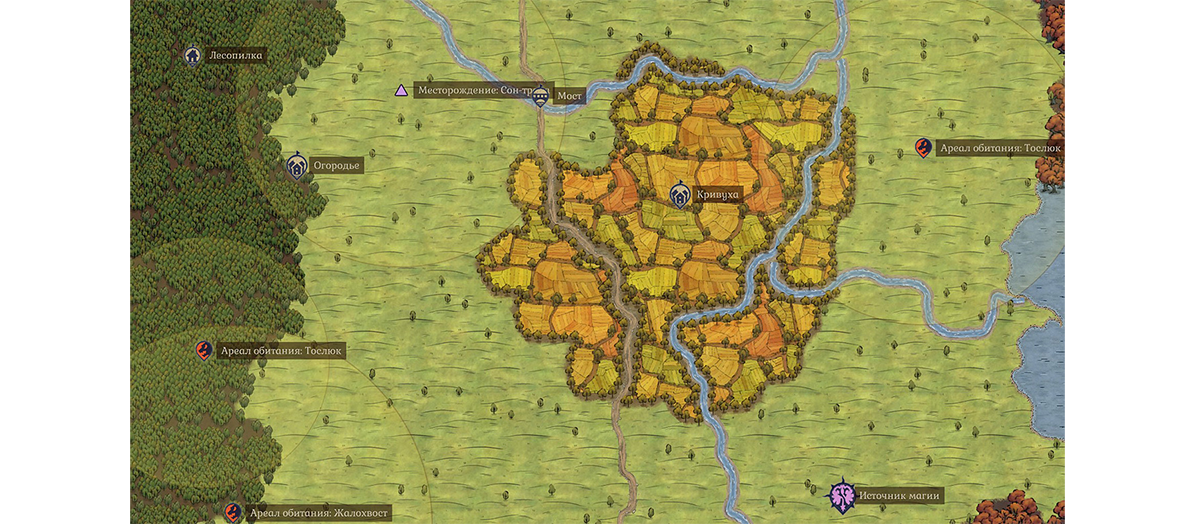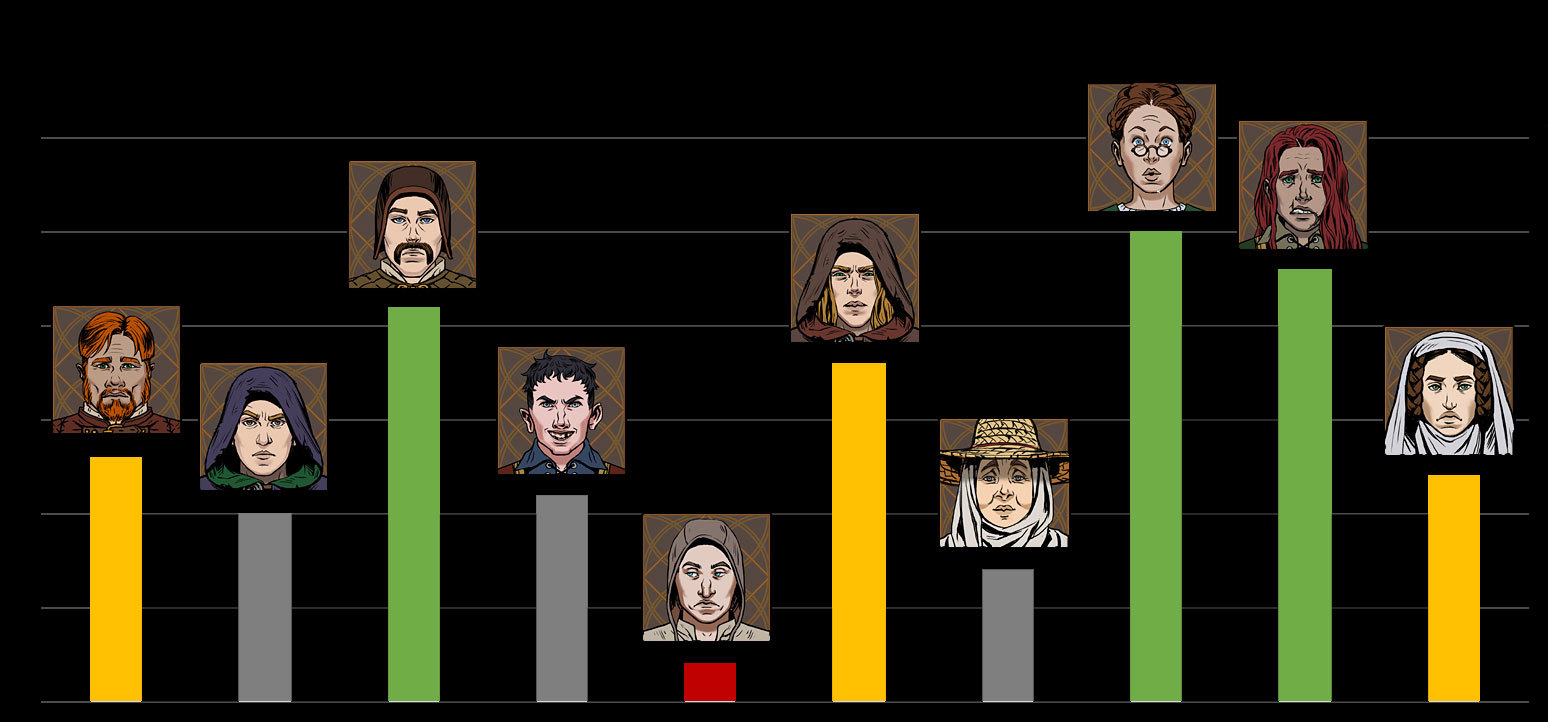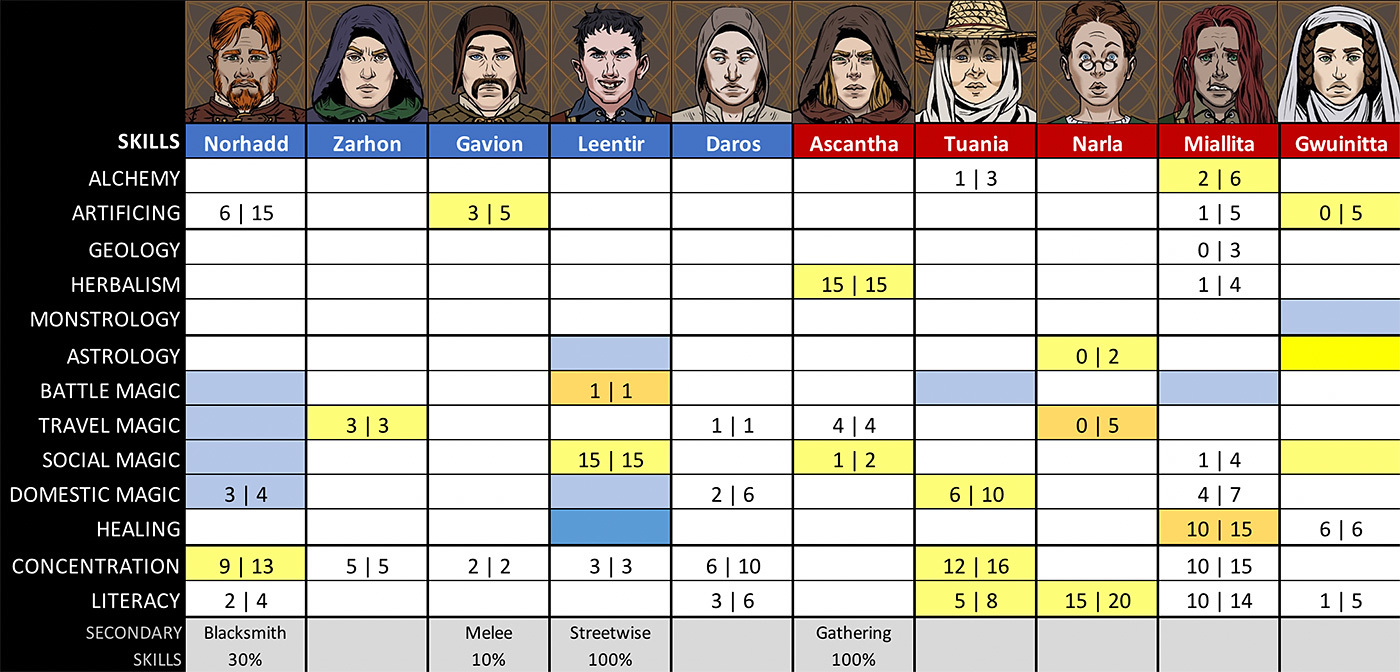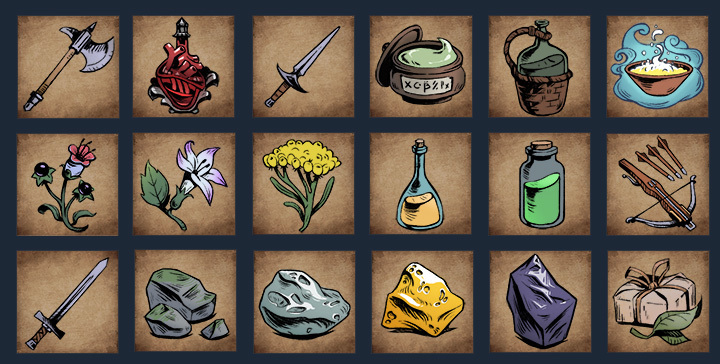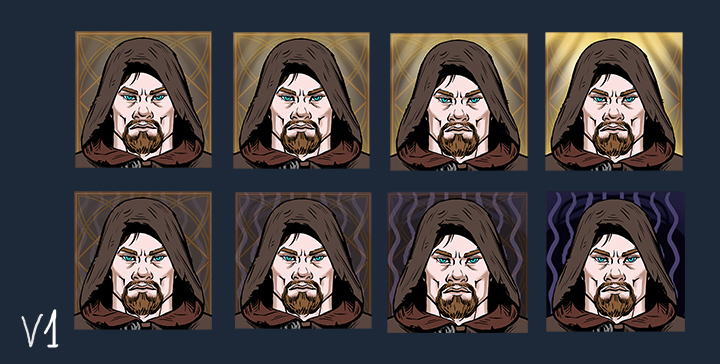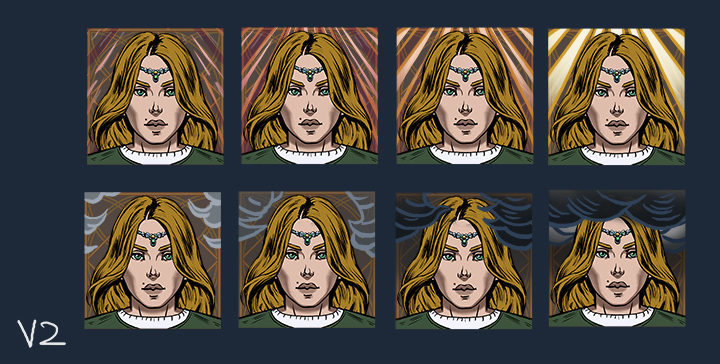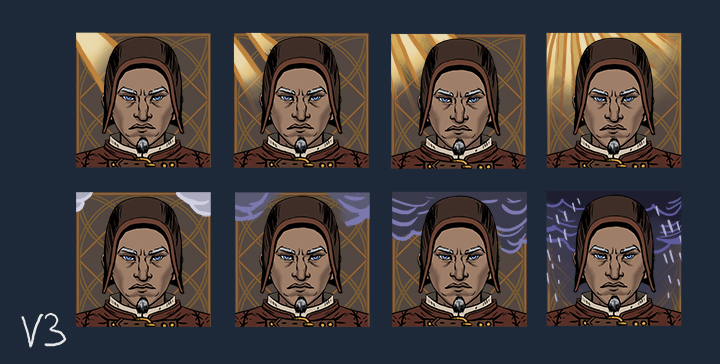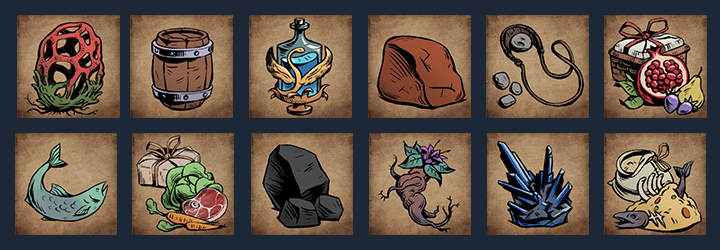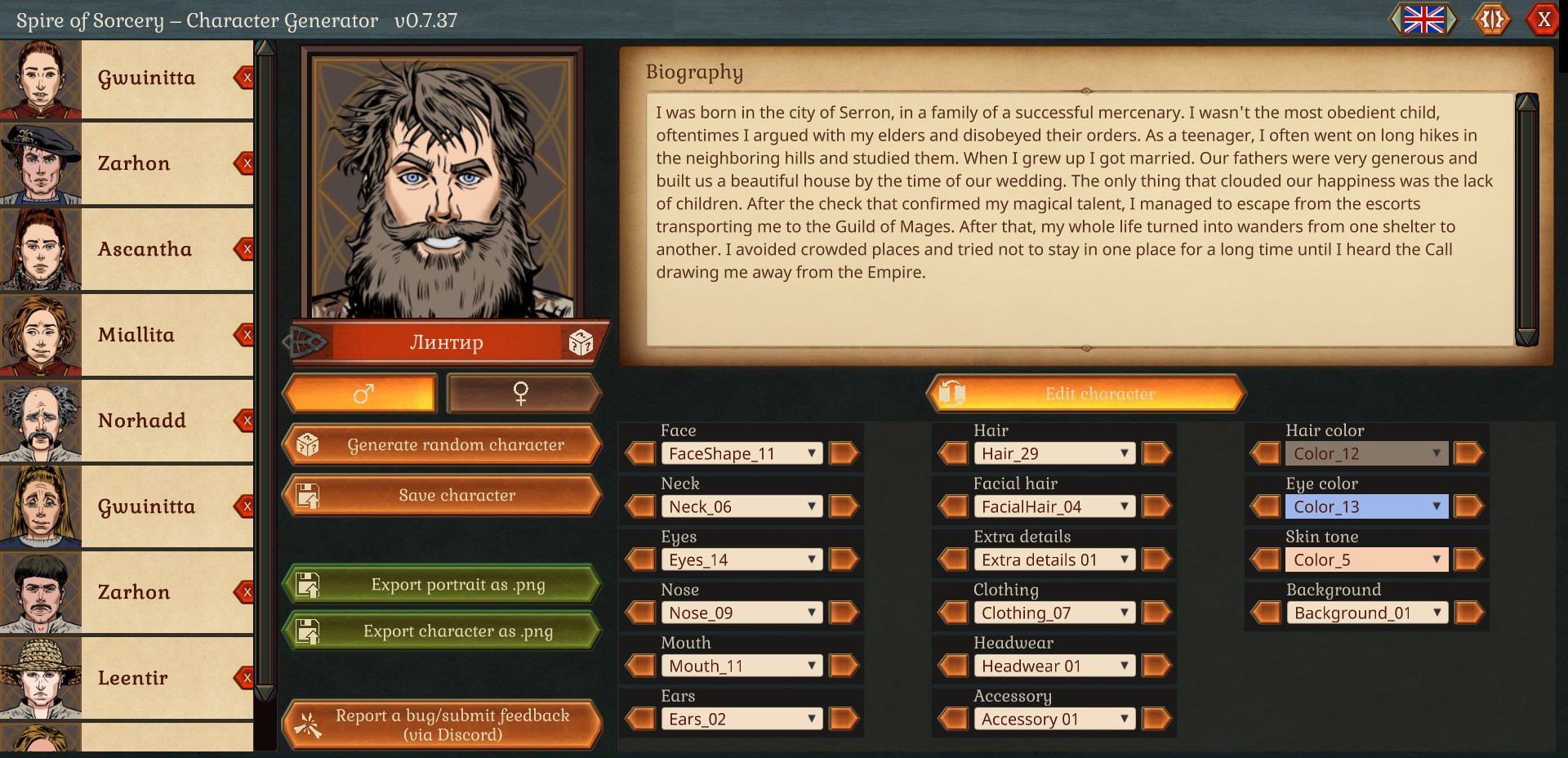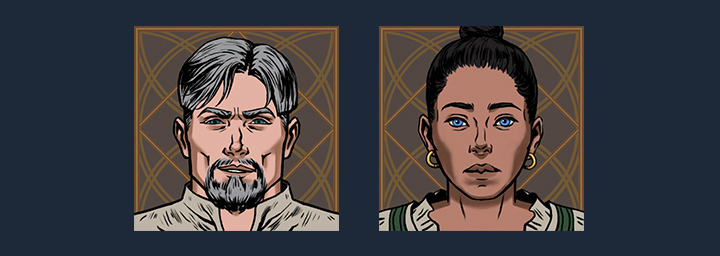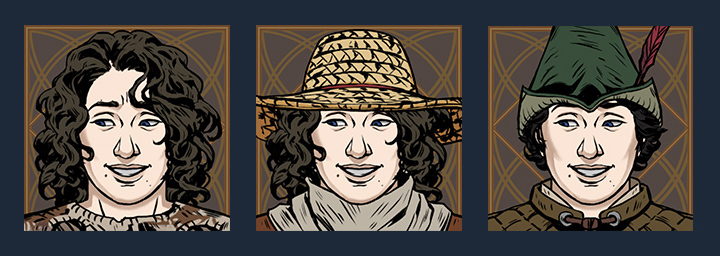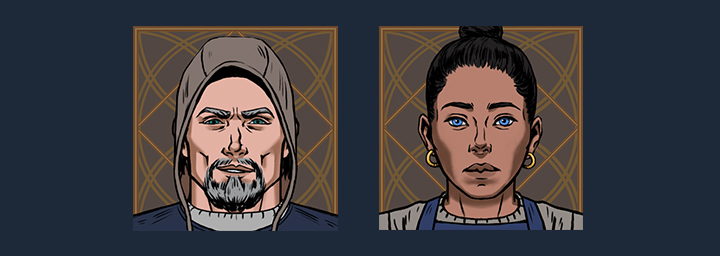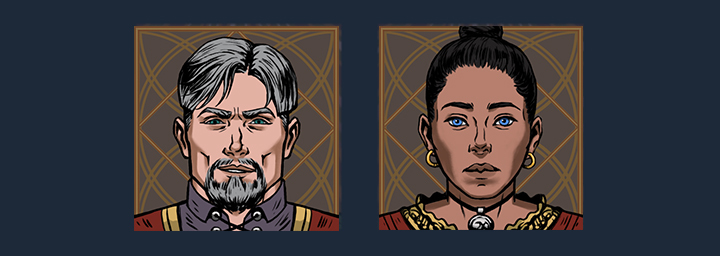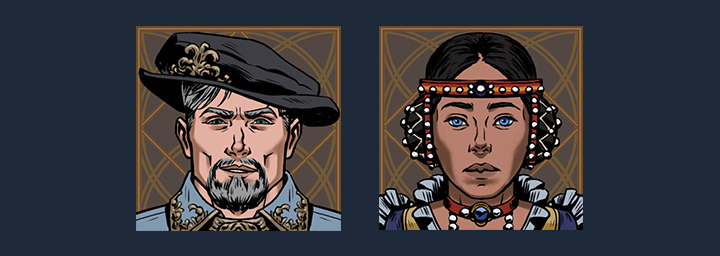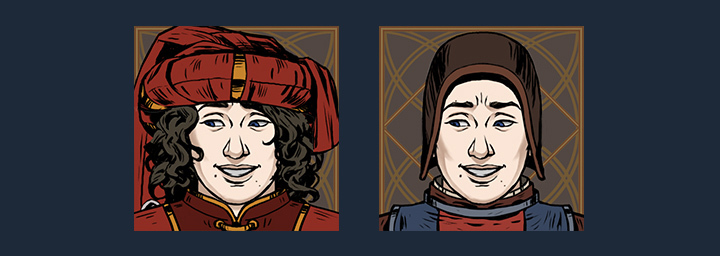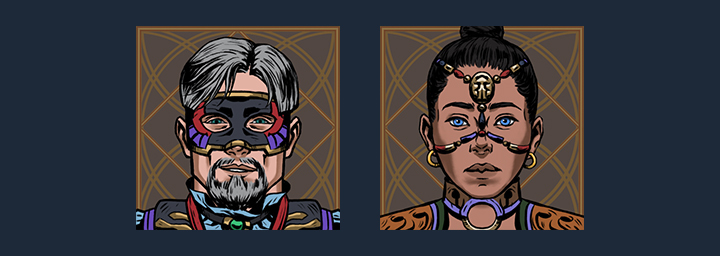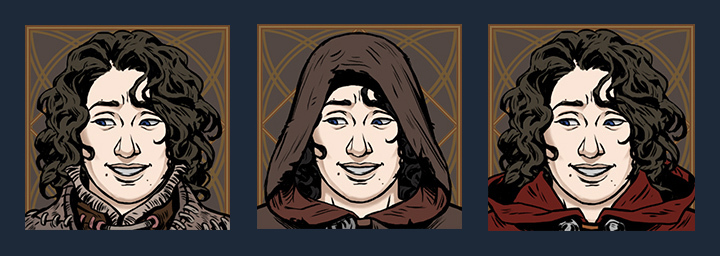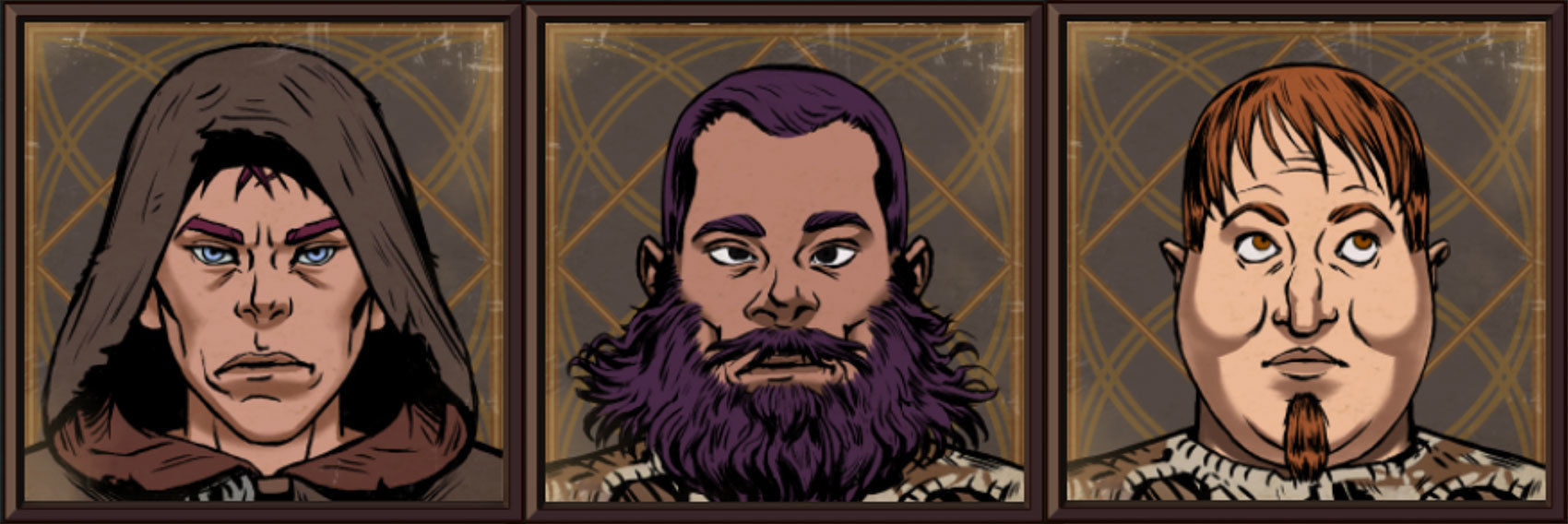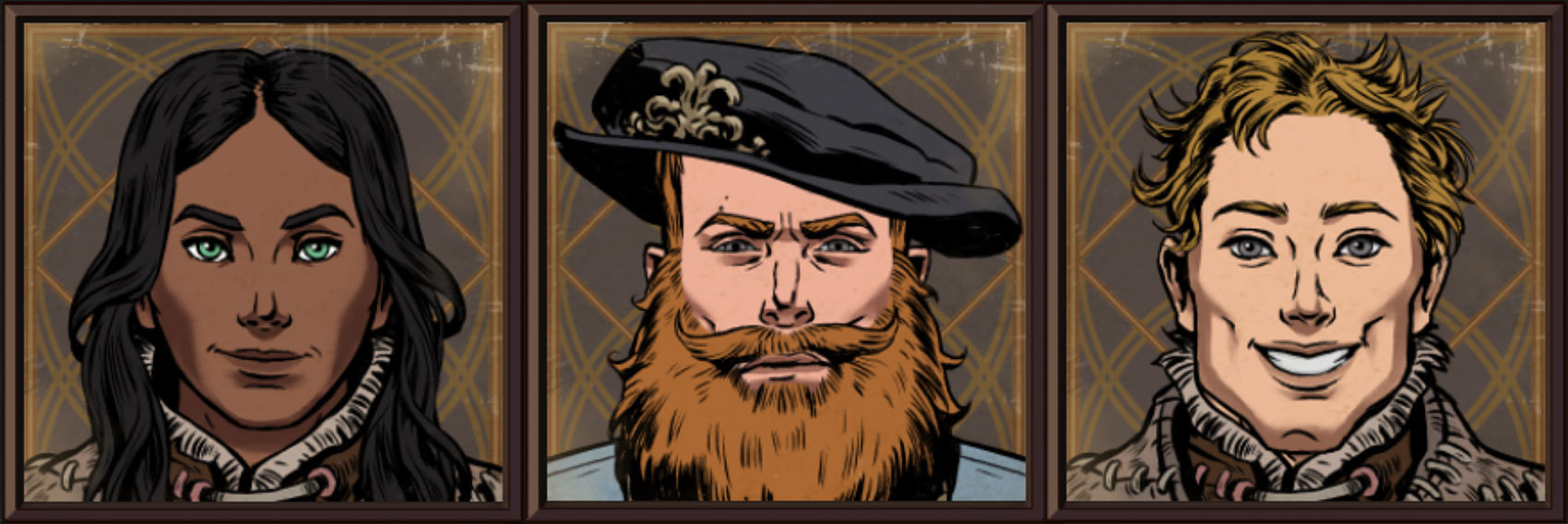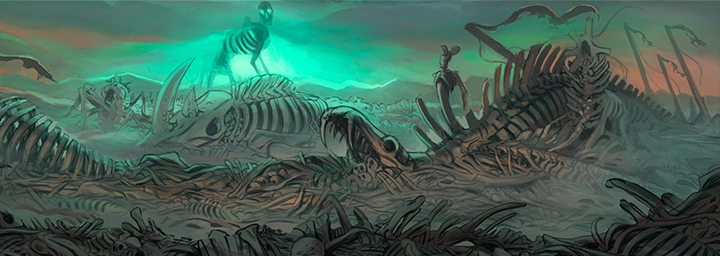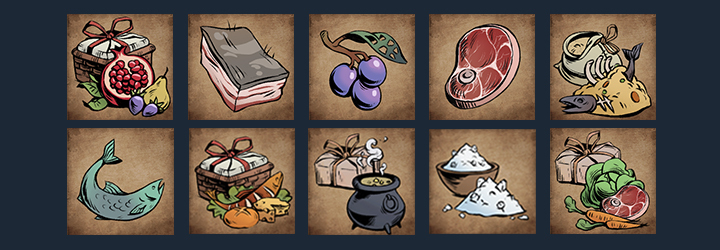Space Satan
Arcane

Shitload of new dev diaries:
DD: The Spire
DD: Snapshot
DD: The Spire
THE SPIRE
The Spire is your home, and the way it looks reflects your strategy chosen to complete the main campaign. Between two different campaigns of the same player, the Spires may very much differ: one may boast expansive underground caves while another may be crowned with a ring of levitating gardens. There's no plan for "the perfect" Spire, as every time you will start the main campaign, you'll be making decisions unique to your own situation: the disciples at your command, the resources available within reach, and the unique events that may have happened on the global map of the world.
THE SPIRE AT THE START OF THE CAMPAIGN
At the start of the campaign, your Spire looks pretty much like any other player's Spire – the differences in the starting setup, if any, will depend on the character generation quest at the start of the game, and as such will be minor (if any).
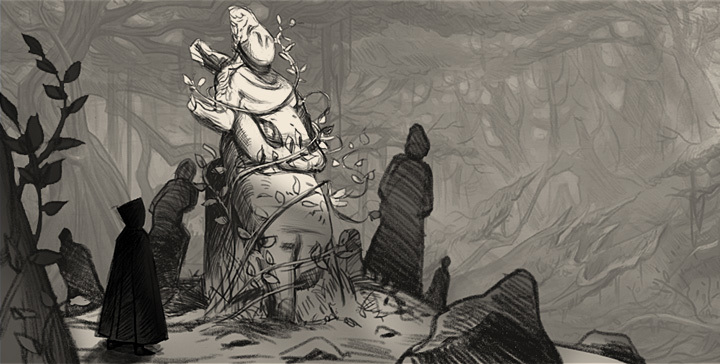
EXPANDING THE SPIRE
The Spire is made of rooms, with one room being the minimal unit. You can expand the Spire by adding rooms and floors (see below). Smaller rooms can be merged, to make larger rooms; and larger rooms can be split into smaller rooms – it all depends on your needs, and nothing here will prevent your progress by becoming impossible to change; since the Spire is a creation of magic, changes are always possible (though they’ll come at a cost).
When adding rooms, you will be building these to the left or to the right of the central staircase on the selected floor. There is a limit of having 5 rooms maximum in each direction. The further the room from the central staircase, the higher the cost of its construction. And if you don’t like the currently available floors, you can build new floors, which at minimum consist of a central staircase with one room to the left plus one to the right.
When adding floors, you can build either upwards or downwards. The further the floor from the ground (either up or down), the higher the cost of its construction. There is no limit to how much the Spire may expand upwards or downwards, except for the cost – however, do keep in mind that the higher the Spire becomes, the higher visibility it attains in its surrounding area, increasing the chance of attracting attention of the travelers passing by.
The cost of adding a new room (or a whole new floor) consists of resources (stone, wood, clay, iron) and magic energy of your mage. If you lack a specific resource, you can make up the difference by spending more magic energy. As such, you are always able to expand the Spire, the only question is – how taxing this will be, for the pool of your magic energy, which is by far the most valuable resource in the game.
One more thing: while regular rooms can be built by a mage of any skill, there are certain special types of rooms (such as levitating, or rotating ones) that require an advanced skill of Astral Carpentry and some research done before becoming available for construction.
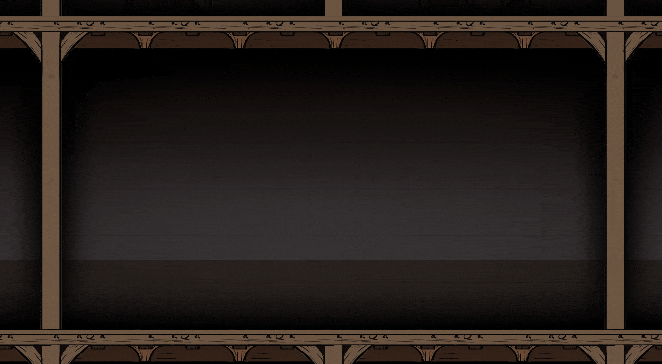
ROOMS AND THEIR PURPOSES
Once a room is constructed, it will need its purpose set. Is this a warehouse, a lab, or a prison cell? The good news is, the purpose of each room can be re-assigned at a later stage, so if you ran out of space to keep your prisoners, you can always convert your greenhouses into more cells – if this is what you’re after, in the current campaign.
There’s no limit on having multiple rooms of the same type, so that architecturally, rather than having a huge warehouse that will keep on expanding, you may end up having 5 smaller warehouses spread across different floors, which will serve your purpose equally well.
There are certain limitations to consider when assigning a room’s purpose: some types need to be strictly above the ground (for example, a GREENHOUSE); some – strictly below (for example, a CAVE). In other cases, the relative position of the room towards the ground floor will not prevent you from assigning the chosen purpose, but would rather add a positive or a negative modifier to its effectiveness (for example, the higher up the greenhouse is, the more natural light it receives – the more effective it is for growing plants).
Now, once you’ve built a room and set its purpose (from what’s available at your current skill level), you will want to make it active, and here each purpose has its own set of requirements in terms of what furniture you’ll need to install there, before it can start functioning as intended.
To start functioning, LIVING QUARTERS will need beds; a LIBRARY will need shelves; a WAREHOUSE will need cupboards; and so on.
This furniture can be either crafted or traded (as well as simply found somewhere and brought back; or received as a gift), but if you lack a chance to get it the “physical” way, you can always cast it, spending your magic energy. Initially, casting furniture instead of crafting it will be less efficient. But with time, as the Astral Carpentry skill of your mage and/or your disciples increases, you may be able to use your magic energy to cast such items that are simply impossible to craft in a regular way.
PRESTIGE AND EFFECTIVENESS
Each room has two main characteristics that determine how well it serves its purpose: the room’s effectiveness and the room’s prestige.
The effectiveness defines the direct function of the room, and can be increased by adding optional furniture or fixtures. For example, adding a glass roof to a GREENHOUSE significantly boosts up its production due to increased natural light; while adding candleholders to a CLASSROOM allows to study around the clock, whether it’s night-time or not; other things that increase the effectiveness of a CLASSROOM are learning tools, mounted exhibits and blackboards – all of these are optional items that make the room more efficient at serving its purpose.
As to the prestige of the room, this influences the motivation of disciples to spend time there. Items like portraits of famous mages of the ancient times will make a CLASSROOM more special. Items like elaborate candle-stands will have a similar effect on a WORKSHOP, or a MESS HALL.
It must be noted here, that some of the furniture and fixtures will come in the form of artefacts. For example, you may locate and bring back to the Spire something like a Magic Shelf, which would take the space of just 1 slot, but will provide 5 slots worth of storage; or, perhaps, you’ll receive as a gift a Candle of Concentration – a regular-sized candle that speeds up any sort of process happening in the room where it’s placed, be it study or mediation.
FURNITURE SLOTS
Each piece of furniture and fixtures requires special placement. For example, you cannot add daylight windows to a room that’s located underground; similarly, you cannot fit a huge Grand Alchemist Table into a small, basic Lab.
Each such item takes a number of slots and bears certain requirements as to where it can be placed – on the floor, on the walls, or on the ceiling; correspondingly, each room has a present number of slots that it allows to use for furniture. In this respect, smaller things offering the same effect / prestige are always better, as they leave more space for other decorations.
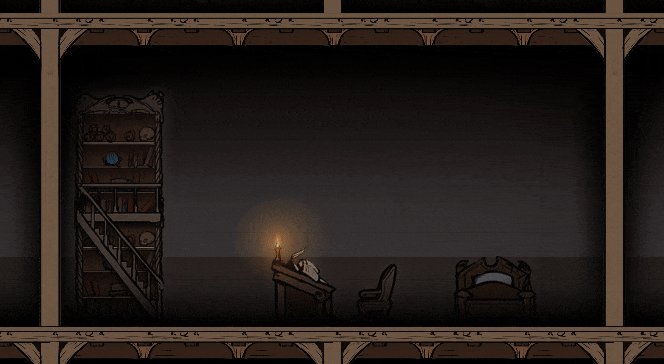
COMMON ROOM PURPOSES
Below is a list of some of the purposes that can be assigned to a room. Please note that this list is neither final, nor complete:
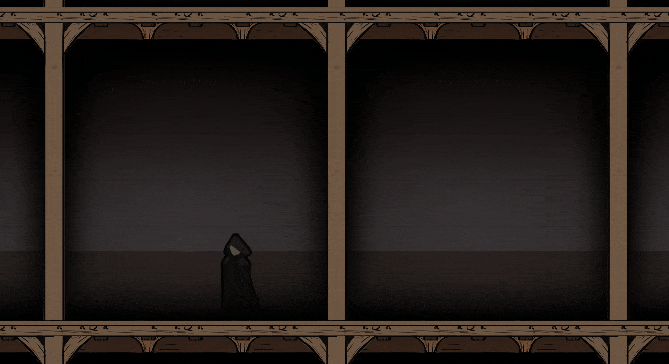
FARMING AND DEFENSE OF THE SPIRE
These topics are together because both of these things deal with the space outside of the Spire. We’re not yet certain how the actual farming will happen, except that it will be through a special type of quest, where you’ll command a party to go out and, say, plant, care for, and later harvest a specific crop.
As to the defense of the Spire, our current plan is to allow construction of a separate section outside (“the barrier”), which will include such things as:
If prevention fails (or you don’t even want to try sending a “meet & greet” party), the incoming party has to best the barrier before they can set foot into the Spire. Maybe some of them will be wounded by the traps. Maybe some won’t be able to cross the moat. And maybe some will fall prey to the monsters and animals living by the gates.
Once the party (or the surviving part of it) crosses into the Spire, something called Close Encounter. Close Encounter is an obligatory quest that you cannot reject. If you fail at this quest, the campaign is over, as your mage will be imprisoned and burnt by the Inquisition – or simply killed on the spot (unless the intruders are thieves, in which case they’ll plunder but won’t kill, unless attacked). This is also the only combat quest where your mage may become a part of the party.
As this part of the game is still a work in progress, we’re certain that we’ll cover it in more detail in a few months, once our working prototype includes these areas.
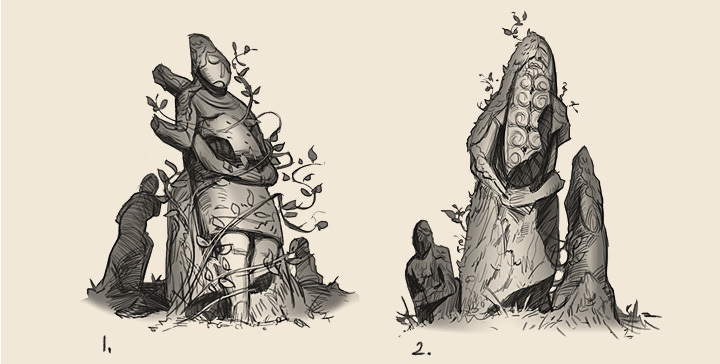
With this, we wish you all the best – and see you next week! (or sooner, if you join the official
The Spire is your home, and the way it looks reflects your strategy chosen to complete the main campaign. Between two different campaigns of the same player, the Spires may very much differ: one may boast expansive underground caves while another may be crowned with a ring of levitating gardens. There's no plan for "the perfect" Spire, as every time you will start the main campaign, you'll be making decisions unique to your own situation: the disciples at your command, the resources available within reach, and the unique events that may have happened on the global map of the world.
THE SPIRE AT THE START OF THE CAMPAIGN
At the start of the campaign, your Spire looks pretty much like any other player's Spire – the differences in the starting setup, if any, will depend on the character generation quest at the start of the game, and as such will be minor (if any).
- Every Spire will have MAGE'S QUARTERS – the place where your mage character resides, where he or she sleeps and receives guests. By type, it's a combination of a living room and a small warehouse (to store the most dear / valuable items). It is important to note that this room provides comfort for the mage and lends prestige to the mage's office (you will read more about purposes of rooms later in this blog).
Imagine coming to see your master as one of the disciples, and finding yourself in a room full of ancient artefacts, with a ball of fire suspended in mid-air as a sort of a fireplace. Wouldn’t you pay a little more attention to the mage’s instruction? Or it could work the other way, of course, where a disciple with ascetic traits would actually sneer at a lush office, while a small bare room would impress her the most.
- The other room (or rooms, in this case) present in every Spire at start, are LIVING QUARTERS – this is where your disciples will rest after their day’s labor. At the start of the main campaign, you will already have enough Living Quarters to accommodate all of the disciples that join you in your campaign.
- Then there’s CLASSROOM, a place of study where you (or another teacher) will work with the disciples to increase their theoretical experience across a whole range of disciplines.
- Finally, every Spire at the start of the campaign will also already have a small WAREHOUSE used to house resources, items, ingredients and whatever else you’ll possess at that point (we’re covered the topic of resources in the previous blog post).

EXPANDING THE SPIRE
The Spire is made of rooms, with one room being the minimal unit. You can expand the Spire by adding rooms and floors (see below). Smaller rooms can be merged, to make larger rooms; and larger rooms can be split into smaller rooms – it all depends on your needs, and nothing here will prevent your progress by becoming impossible to change; since the Spire is a creation of magic, changes are always possible (though they’ll come at a cost).
When adding rooms, you will be building these to the left or to the right of the central staircase on the selected floor. There is a limit of having 5 rooms maximum in each direction. The further the room from the central staircase, the higher the cost of its construction. And if you don’t like the currently available floors, you can build new floors, which at minimum consist of a central staircase with one room to the left plus one to the right.
When adding floors, you can build either upwards or downwards. The further the floor from the ground (either up or down), the higher the cost of its construction. There is no limit to how much the Spire may expand upwards or downwards, except for the cost – however, do keep in mind that the higher the Spire becomes, the higher visibility it attains in its surrounding area, increasing the chance of attracting attention of the travelers passing by.
The cost of adding a new room (or a whole new floor) consists of resources (stone, wood, clay, iron) and magic energy of your mage. If you lack a specific resource, you can make up the difference by spending more magic energy. As such, you are always able to expand the Spire, the only question is – how taxing this will be, for the pool of your magic energy, which is by far the most valuable resource in the game.
One more thing: while regular rooms can be built by a mage of any skill, there are certain special types of rooms (such as levitating, or rotating ones) that require an advanced skill of Astral Carpentry and some research done before becoming available for construction.

ROOMS AND THEIR PURPOSES
Once a room is constructed, it will need its purpose set. Is this a warehouse, a lab, or a prison cell? The good news is, the purpose of each room can be re-assigned at a later stage, so if you ran out of space to keep your prisoners, you can always convert your greenhouses into more cells – if this is what you’re after, in the current campaign.
There’s no limit on having multiple rooms of the same type, so that architecturally, rather than having a huge warehouse that will keep on expanding, you may end up having 5 smaller warehouses spread across different floors, which will serve your purpose equally well.
There are certain limitations to consider when assigning a room’s purpose: some types need to be strictly above the ground (for example, a GREENHOUSE); some – strictly below (for example, a CAVE). In other cases, the relative position of the room towards the ground floor will not prevent you from assigning the chosen purpose, but would rather add a positive or a negative modifier to its effectiveness (for example, the higher up the greenhouse is, the more natural light it receives – the more effective it is for growing plants).
Now, once you’ve built a room and set its purpose (from what’s available at your current skill level), you will want to make it active, and here each purpose has its own set of requirements in terms of what furniture you’ll need to install there, before it can start functioning as intended.
To start functioning, LIVING QUARTERS will need beds; a LIBRARY will need shelves; a WAREHOUSE will need cupboards; and so on.
This furniture can be either crafted or traded (as well as simply found somewhere and brought back; or received as a gift), but if you lack a chance to get it the “physical” way, you can always cast it, spending your magic energy. Initially, casting furniture instead of crafting it will be less efficient. But with time, as the Astral Carpentry skill of your mage and/or your disciples increases, you may be able to use your magic energy to cast such items that are simply impossible to craft in a regular way.
PRESTIGE AND EFFECTIVENESS
Each room has two main characteristics that determine how well it serves its purpose: the room’s effectiveness and the room’s prestige.
The effectiveness defines the direct function of the room, and can be increased by adding optional furniture or fixtures. For example, adding a glass roof to a GREENHOUSE significantly boosts up its production due to increased natural light; while adding candleholders to a CLASSROOM allows to study around the clock, whether it’s night-time or not; other things that increase the effectiveness of a CLASSROOM are learning tools, mounted exhibits and blackboards – all of these are optional items that make the room more efficient at serving its purpose.
As to the prestige of the room, this influences the motivation of disciples to spend time there. Items like portraits of famous mages of the ancient times will make a CLASSROOM more special. Items like elaborate candle-stands will have a similar effect on a WORKSHOP, or a MESS HALL.
It must be noted here, that some of the furniture and fixtures will come in the form of artefacts. For example, you may locate and bring back to the Spire something like a Magic Shelf, which would take the space of just 1 slot, but will provide 5 slots worth of storage; or, perhaps, you’ll receive as a gift a Candle of Concentration – a regular-sized candle that speeds up any sort of process happening in the room where it’s placed, be it study or mediation.
FURNITURE SLOTS
Each piece of furniture and fixtures requires special placement. For example, you cannot add daylight windows to a room that’s located underground; similarly, you cannot fit a huge Grand Alchemist Table into a small, basic Lab.
Each such item takes a number of slots and bears certain requirements as to where it can be placed – on the floor, on the walls, or on the ceiling; correspondingly, each room has a present number of slots that it allows to use for furniture. In this respect, smaller things offering the same effect / prestige are always better, as they leave more space for other decorations.

COMMON ROOM PURPOSES
Below is a list of some of the purposes that can be assigned to a room. Please note that this list is neither final, nor complete:
- MAGE’S QUARTERS – this is where your mage lives.
- LIVING QUARTERS – this is where your disciples live.
- CLASSROOM – a place of study, where characters gain theoretical experience from being taught by another person.
- LIBRARY – a place of study, where characters gain theoretical experience from reading books available in the Library.
- LAB – a place of research (theoretical experience in multiple fields) and crafting of potions and elixirs (practical Alchemy), where characters produce new items, gain practical and theoretical experience and advance in research.
- PRACTICE HALL – a place of experimentation, duels and battle magic where characters gain practical experience.
- WORKSHOP – a place where things are crafted (everything except potions/elixirs, which are produced in a Lab).
- WAREHOUSE – a place where you keep resources, items, ingredients and artefacts.
- TREASURY – a version of a Warehouse that is more secure (so that valuable artefacts, for example, can be less of a temptation for some greedy disciples – or visiting thieves).
- GLASSHOUSE – a place where herbs and plants grow, whether for use as food of as ingredients in creating potions.
- KENNELS – a place where monsters are kept/raised.
- PRISON CELLS – a place where characters (disciples or captives/prisoners) are kept.
- HOSPITAL – a place where characters are healed, whether with the help of someone with medical skills or not (though without a medic, this is going to only stop the outbreak but not address the cause).
- OBSERVATORY – a place where characters can observe the sky, read star signs, foretell the future, discover special spots on global map, and prepare horoscopes.
- WATCHTOWER – a room that increases the zone of directly visible part of the global map surrounding the Spire.
- MEDITATION ROOM – a room that allows to increase / use the skill of concentration, improving mood, health and restoring energy (mage’s or that of disciples).
- KITCHEN – a place where food items are crafted (e.g. field rations).
- MESS HALL – a place where disciples and mage consume food and socialize; without a Mess Hall, characters can still eat in their quarters, but without the social aspect and with less control of mage over the mood of disciples. As this is a room that every character visits daily, the level of prestige of this room carries a big impact over everyone in the Spire.
- GAME ROOM – a place where characters relax and socialize.
- DISTORTED ROOM – a room that cannot be constructed; this room may appear as a result of an accident during one of the experiments.
- PORTAL ROOM – we’ll talk about Portals, and Portal Room, a bit later in the blog, as this is a late-game feature that’s still being designed.
- MAGIC ENERGY ROOM – possibly, a room that may store and release magic energy; it’s not 100% confirmed yet that this room will be present at the launch of the game in Early Access.

FARMING AND DEFENSE OF THE SPIRE
These topics are together because both of these things deal with the space outside of the Spire. We’re not yet certain how the actual farming will happen, except that it will be through a special type of quest, where you’ll command a party to go out and, say, plant, care for, and later harvest a specific crop.
As to the defense of the Spire, our current plan is to allow construction of a separate section outside (“the barrier”), which will include such things as:
- traps (physical and magical)
- moats and similar defensive constructs;
- monsters and animals planted to live in the space surrounding the Spire (i.e. between the moat and the actual walls of the Spire).
If prevention fails (or you don’t even want to try sending a “meet & greet” party), the incoming party has to best the barrier before they can set foot into the Spire. Maybe some of them will be wounded by the traps. Maybe some won’t be able to cross the moat. And maybe some will fall prey to the monsters and animals living by the gates.
Once the party (or the surviving part of it) crosses into the Spire, something called Close Encounter. Close Encounter is an obligatory quest that you cannot reject. If you fail at this quest, the campaign is over, as your mage will be imprisoned and burnt by the Inquisition – or simply killed on the spot (unless the intruders are thieves, in which case they’ll plunder but won’t kill, unless attacked). This is also the only combat quest where your mage may become a part of the party.
As this part of the game is still a work in progress, we’re certain that we’ll cover it in more detail in a few months, once our working prototype includes these areas.

With this, we wish you all the best – and see you next week! (or sooner, if you join the official
THE SPIRE: A SNAPSHOT
Today we’d like to give you an overview of a day at the Spire. Or to be more precise, a snapshot, as when we tried to cover the whole “day”, we realized that it requires a real deep dive into the user interface across the whole game.
For now, let’s imagine that we’re already running the campaign for 10 hours… but wait, this is not the reference that we can use, since different people will play with different pacing: some strive for complete control, while others just let the flow go.
So let’s just agree that we’re looking at the Spire in a somewhat advanced state. It’s not yet a late game. Not even a mid-game. But it’s the sort of a transition spot from “just setting up, folks” to “really digging it”.
LEVEL OF CONTROL
One of the major differences in how people play Spire of Sorcery lies in the level of detail they want to go into. For every type of event, the game offers 3 notification options:
The second option is useful for events that are informative but not very important at the current stage. For example, you assigned a disciple to read books dedicated to Monstrology in the Library, every day for 2 hours. At the end of each period of reading, you’ll see a small notice reporting that she’s finished her reading for today.
The third option is normally used for events that require decisions, or contain a lot of details. For example, a party returns from a long quest, with wounded; sick; and new artefacts. This is probably something that you want to read up in as much detail as possible, as such report also contains hints about the personalities of your disciples and expands your understanding of the global map.
You are free to set up these notification options as you want, and it’s quite likely that early on in the game, every event will be of interest – while later in the game, you’ll focus just on the events where your decisions have substantial impact on the results.
The other way of managing the level of control you want to have over the game, is the depth of reading quest and task reports. Someone comes home with an artefact and a wound. What’s essential? Sending the wounded to be treated, and starting the research on the artefact in the Lab. As to the actual story – where does the artefact come from, and how was the disciple wounded – perhaps you have more pressing matters to attend to, and don’t need these details.
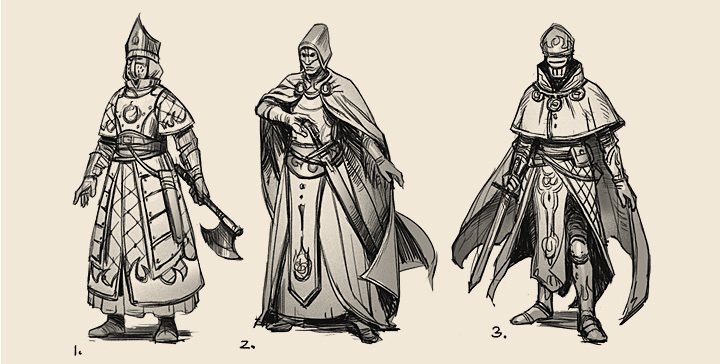 Illustration 1: Concepts for the mid-level members of the Inquisition.
Illustration 1: Concepts for the mid-level members of the Inquisition.
YOUR DISCIPLES
Going back to our campaign, let’s assume that by this time, you have 12 disciples under your authority:
Let’s look closer at the “old friends” group:
Some months ago, you started the campaign with 3 disciples who followed you to the Spire from the Guild. Since they are a part of your back story, at the start of the campaign you already have a very good insight into who they are. And yet in the time since then, one of them has – Mizegul – died as the result of a routine quest. How is this even possible? Let’s take a detour to talk about managing danger levels and success rates.
MANAGING LEVELS OF DANGER AND SUCCESS RATES
One day, you sent Mizegul to harvest mandragora roots from the swamp nearby, which is nothing special. However, when he came back, he fell sick, and after a few days, died. A major loss for you, since Mizegul had great skills in Battle Magic as well as in Geology (however, your campaign hasn’t progressed yet to the point where he could use them; and so you used him for simple harvesting quests for the moment).
Now, you may recall that whenever you assign a task or a quest (tasks being in-house projects like baking a pie, or growing herbs; and quests being projects in the outside world, like harvesting roots – or enslaving non-human settlements), you get an automatic indication of two things:
Expected Danger
Expected Success Rate
So why would a routine quest that did not show you much of a warning, result in the death of your disciple? Let’s break this down: first of all, the expected level of danger it comes in 4 levels:
As to the success rates, these also come in 4 levels:
Now, going back to our disciple Mizegul who went to harvest mandragora roots: the quest showed a prognosis with High Success Rate – because harvesting this root is fairly simple; and Moderate Danger – because swamps in general have a location-specific danger: mosquitoes that may (or may not) cause Lowland Fever with their bites. But since this fever (a) is not guaranteed to happen (b) does not affect healthy people (c) is curable, even if contracted –the danger level is not High.
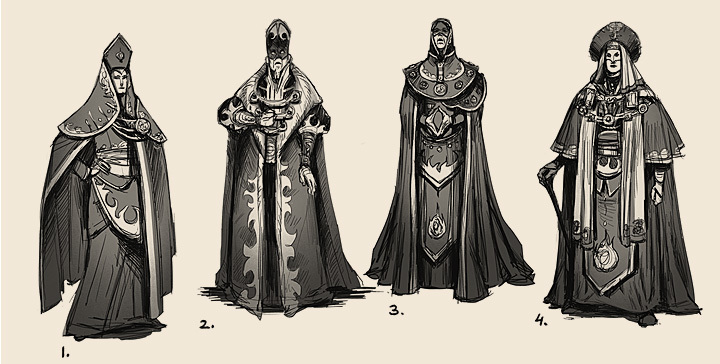 Illustration 2: Concepts for the high-ranking members of the Inquisition.
Illustration 2: Concepts for the high-ranking members of the Inquisition.
YOUR DISCIPLES, CONTINUED
There are two critical factors that contributed to the death of Mizegul:
(1) At the time of his return from the quest, the Spire did not have a Hospital Room – and neither did it have anyone skilled in Healing. This is a major strategic mistake, since as you start exploring the world, your disciples are bound to all sick and get wounded; which, when left untreated, escalates into a loss of life.
(2) You sent Mizegul to the swamps without knowing that one of his core stats – HEALTH – is very low, so that where other characters who would be bitted by a mosquito with Lowland Fever, would recover – his own chances of recovery were nearly zero. And indeed, you sent other disciples to the swamps before, and what you saw was them reporting insect bites, a few days of fever, and then a complete recovery. The escalation of the sickness with Mizegul was a bad surprise!
While the first issue can be addressed with the construction of the Spire (adding the Hospital Room – or having another room re-purposed into it) and with the hiring process (making it a priority to bring in characters who claim that they are skilled in Healing), the second issue is more complicated: yes, you spent months of game time alongside this disciple; and yes, you still were unaware of what his actual HEALTH stats are.
If you recall, every character in the game has:
KIP (male)
STATS:
HEALTH: –––
INTELLECT: –––
MEMORY: –––
WILLPOWER: –––
CHARISMA: Extraordinary
INTUITION: High*
* – according to this person.
The way to discover some stats, and all of the skills, is through examination: examine the person in the specific area, and you will be certain of their standing there.
The way to discover other stats, like WILLPOWER and INTUITION, is through events: assign a task that the character clearly does not like, and see them succeed, displaying high willpower; or send them on a long quest and read in the report that this person’s intuition served the party right.
The way to discover HEALTH is through a medical examination or by high-skilled magic.
As to traits, the traits that the character is born with, are discoverable via Horoscope. The traits that the character accumulated (such as, for example, a burning dislike towards the Inquisition prompting sudden attacks whenever she sees its members), are discoverable via Fate Reading (another knowledge in the Astrology skill set) or through high-level magic like Mind Reading. And all traits are also naturally discoverable based on events and quests.
Now, in the case of Mizegul, you simply had no chance to perform a medical check on him (as you don’t have anyone with high Healing skills); and your mage’s magic skill is not yet so advanced as to get a comprehensive portrait of your disciple. Hence, when sending him to the swamps, you were looking at “HEALTH: –––“, simply hoping that this turns out to mean “Regular” or even “Exceptional” once you discover the trait.
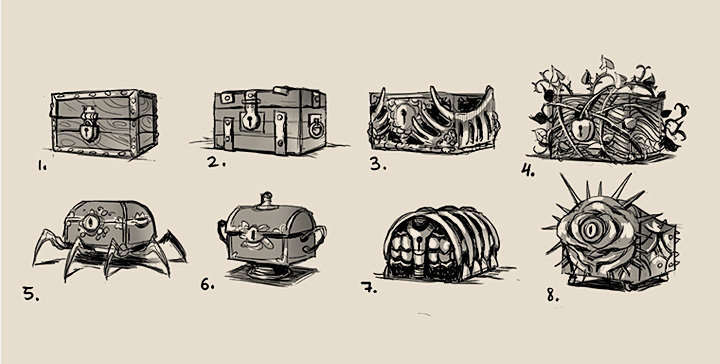 Illustration 3: Concepts for various chests (located in different locations, originally owned by different types of creatures).
Illustration 3: Concepts for various chests (located in different locations, originally owned by different types of creatures).
USING ASTROLOGY TO KNOW YOUR DISCIPLES BETTER
Looking at the “A disciple has died!” event window, you probably had a thought or two about how to avoid this in the future. It would be helpful, for example, to know every disciple’s traits so that you’re more efficient in sending the right person for the right quest. And a good shortcut for this Horoscopes: it’s one of the special knowledge items based on the Astrology Skill.
A throwback to the skill structure: each skill has a progression line, and along that line there are several points where “special knowledge” items become attainable. Let’s take Astrology as a reference. Across the skill line, you have the following special knowledge items marked:
Now, the most efficient way of progressing on special knowledge is by reading books. Books are available from booksellers in towns and villages, though these are limited only to the subjects allowed by the Inquisition: farming, forging and such. As to the books about magic, you will have to find undercover booksellers trading in such goods, which means you’ll need a larger town; and probably some help from the Guild of Thieves (or having a person with high Streetwise skill in the party).
Earlier on, we mentioned that the runaway mages are treated like criminals by both the Empire and the Inquisition. So how can you send one of the disciples to town? Firstly, unless they explicitly tell others that they are mages, they could be safe (and as long as there’s not a chatterbox in the party). Secondly, with some simple Social Magic they can disguise their identities, make the guards look the other way, and so on.
The other ways of obtaining books are finding them during exploration (for example, in ruins); trading them from humans and non-humans who may possess them (for example, the Many-handed is nothing else but the guardian of a huge library that has an excellent selection); or receiving books as gifts from the enslaved non-human settlements or followers of the Cult of the Spire (since these creatures remember that the “gods”, in this case you, really love the things called “books”).
And if you fail to find the book required for the particular item of special knowledge, then you can still unlock it by performing research in the Lab – see below.
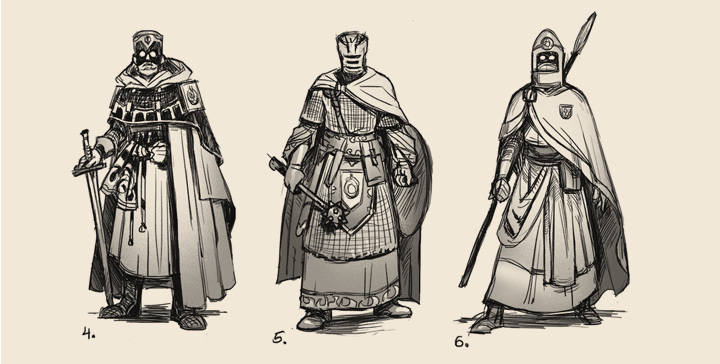 Illustration 4: Concepts for the mid-level members of the Inquisition.
Illustration 4: Concepts for the mid-level members of the Inquisition.
RESEARCHING ASTROLOGY
Finally, we come to the end of this snapshot. You lost a valuable disciple. You’d like to avoid running similar situations in the future. Astrology offers a solution: learning how to make Horoscopes. And how do you get there? By finding a specific book to read, or by performing research in the Lab.
To carry out either of these, you will need to access the schedule of your mage, and to assign a number of hours to this activity. When studying books, you’ll choose the place of study (as it affects the results) and the specific book from those available in the Spire. When performing a research, you’ll choose the Lab and then a dialogue will guide your efforts:



With this, the current issue of the blog comes to an end. We started with the ambition of describing one day, but ended with the description of just one specific decision... well, sometimes it happens =).
In the next issue, we’ll focus on the world: the Empire, the Inquisition and the type of lands where the Spire is likely to be set up. Meanwhile, some big news: since last week, we introduced
 Weekly Q&A sessions on the official Discord server[discord.gg] of the game.
Weekly Q&A sessions on the official Discord server[discord.gg] of the game.
How this works: throughout the week, you can post questions about the game in #questions_en. And every Saturday, our dev team (including Alexey Bokulev) sits down spends an hour answering them. The answers are posted in #answers_en in real time, and then are systemized in this thread.
You can already find there 21 questions and answers from the last weekend, including on whether you can torture prisoners, whether you can send trained monsters on a quest, and in which ways may disciples become a threat to your rule of the Spire!
Today we’d like to give you an overview of a day at the Spire. Or to be more precise, a snapshot, as when we tried to cover the whole “day”, we realized that it requires a real deep dive into the user interface across the whole game.
For now, let’s imagine that we’re already running the campaign for 10 hours… but wait, this is not the reference that we can use, since different people will play with different pacing: some strive for complete control, while others just let the flow go.
So let’s just agree that we’re looking at the Spire in a somewhat advanced state. It’s not yet a late game. Not even a mid-game. But it’s the sort of a transition spot from “just setting up, folks” to “really digging it”.
LEVEL OF CONTROL
One of the major differences in how people play Spire of Sorcery lies in the level of detail they want to go into. For every type of event, the game offers 3 notification options:
- a notification that shows up as a small icon, which you can open up whenever you want;
- a notification that shows up in the log with the header of the event, then transforms into a small icon– without pausing the game;
- a full event window that is displayed right in the middle of the screen, and auto-pauses the game.
The second option is useful for events that are informative but not very important at the current stage. For example, you assigned a disciple to read books dedicated to Monstrology in the Library, every day for 2 hours. At the end of each period of reading, you’ll see a small notice reporting that she’s finished her reading for today.
The third option is normally used for events that require decisions, or contain a lot of details. For example, a party returns from a long quest, with wounded; sick; and new artefacts. This is probably something that you want to read up in as much detail as possible, as such report also contains hints about the personalities of your disciples and expands your understanding of the global map.
You are free to set up these notification options as you want, and it’s quite likely that early on in the game, every event will be of interest – while later in the game, you’ll focus just on the events where your decisions have substantial impact on the results.
The other way of managing the level of control you want to have over the game, is the depth of reading quest and task reports. Someone comes home with an artefact and a wound. What’s essential? Sending the wounded to be treated, and starting the research on the artefact in the Lab. As to the actual story – where does the artefact come from, and how was the disciple wounded – perhaps you have more pressing matters to attend to, and don’t need these details.

YOUR DISCIPLES
Going back to our campaign, let’s assume that by this time, you have 12 disciples under your authority:
- 2 “old friends”
- 5 “advanced” disciples
- 5 “new” disciples
Let’s look closer at the “old friends” group:
Some months ago, you started the campaign with 3 disciples who followed you to the Spire from the Guild. Since they are a part of your back story, at the start of the campaign you already have a very good insight into who they are. And yet in the time since then, one of them has – Mizegul – died as the result of a routine quest. How is this even possible? Let’s take a detour to talk about managing danger levels and success rates.
MANAGING LEVELS OF DANGER AND SUCCESS RATES
One day, you sent Mizegul to harvest mandragora roots from the swamp nearby, which is nothing special. However, when he came back, he fell sick, and after a few days, died. A major loss for you, since Mizegul had great skills in Battle Magic as well as in Geology (however, your campaign hasn’t progressed yet to the point where he could use them; and so you used him for simple harvesting quests for the moment).
Now, you may recall that whenever you assign a task or a quest (tasks being in-house projects like baking a pie, or growing herbs; and quests being projects in the outside world, like harvesting roots – or enslaving non-human settlements), you get an automatic indication of two things:
Expected Danger
Expected Success Rate
So why would a routine quest that did not show you much of a warning, result in the death of your disciple? Let’s break this down: first of all, the expected level of danger it comes in 4 levels:
- High Danger
- Moderate Danger
- Low Danger
- No Danger
As to the success rates, these also come in 4 levels:
- Very Low Success Rate
- Low Success Rate
- Moderate Success Rate
- High Success Rate
Now, going back to our disciple Mizegul who went to harvest mandragora roots: the quest showed a prognosis with High Success Rate – because harvesting this root is fairly simple; and Moderate Danger – because swamps in general have a location-specific danger: mosquitoes that may (or may not) cause Lowland Fever with their bites. But since this fever (a) is not guaranteed to happen (b) does not affect healthy people (c) is curable, even if contracted –the danger level is not High.

YOUR DISCIPLES, CONTINUED
There are two critical factors that contributed to the death of Mizegul:
(1) At the time of his return from the quest, the Spire did not have a Hospital Room – and neither did it have anyone skilled in Healing. This is a major strategic mistake, since as you start exploring the world, your disciples are bound to all sick and get wounded; which, when left untreated, escalates into a loss of life.
(2) You sent Mizegul to the swamps without knowing that one of his core stats – HEALTH – is very low, so that where other characters who would be bitted by a mosquito with Lowland Fever, would recover – his own chances of recovery were nearly zero. And indeed, you sent other disciples to the swamps before, and what you saw was them reporting insect bites, a few days of fever, and then a complete recovery. The escalation of the sickness with Mizegul was a bad surprise!
While the first issue can be addressed with the construction of the Spire (adding the Hospital Room – or having another room re-purposed into it) and with the hiring process (making it a priority to bring in characters who claim that they are skilled in Healing), the second issue is more complicated: yes, you spent months of game time alongside this disciple; and yes, you still were unaware of what his actual HEALTH stats are.
If you recall, every character in the game has:
- stats
- traits
- skills
- current states
- what the character tells you
- what you can obviously see from their outside appearance
KIP (male)
STATS:
HEALTH: –––
INTELLECT: –––
MEMORY: –––
WILLPOWER: –––
CHARISMA: Extraordinary
INTUITION: High*
* – according to this person.
The way to discover some stats, and all of the skills, is through examination: examine the person in the specific area, and you will be certain of their standing there.
The way to discover other stats, like WILLPOWER and INTUITION, is through events: assign a task that the character clearly does not like, and see them succeed, displaying high willpower; or send them on a long quest and read in the report that this person’s intuition served the party right.
The way to discover HEALTH is through a medical examination or by high-skilled magic.
As to traits, the traits that the character is born with, are discoverable via Horoscope. The traits that the character accumulated (such as, for example, a burning dislike towards the Inquisition prompting sudden attacks whenever she sees its members), are discoverable via Fate Reading (another knowledge in the Astrology skill set) or through high-level magic like Mind Reading. And all traits are also naturally discoverable based on events and quests.
Now, in the case of Mizegul, you simply had no chance to perform a medical check on him (as you don’t have anyone with high Healing skills); and your mage’s magic skill is not yet so advanced as to get a comprehensive portrait of your disciple. Hence, when sending him to the swamps, you were looking at “HEALTH: –––“, simply hoping that this turns out to mean “Regular” or even “Exceptional” once you discover the trait.

USING ASTROLOGY TO KNOW YOUR DISCIPLES BETTER
Looking at the “A disciple has died!” event window, you probably had a thought or two about how to avoid this in the future. It would be helpful, for example, to know every disciple’s traits so that you’re more efficient in sending the right person for the right quest. And a good shortcut for this Horoscopes: it’s one of the special knowledge items based on the Astrology Skill.
A throwback to the skill structure: each skill has a progression line, and along that line there are several points where “special knowledge” items become attainable. Let’s take Astrology as a reference. Across the skill line, you have the following special knowledge items marked:
- Star Navigation
- Item Knowledge
- People Knowledge
- Horoscopes
- Fate Reading
- Seeing the Future; and similar.
Now, the most efficient way of progressing on special knowledge is by reading books. Books are available from booksellers in towns and villages, though these are limited only to the subjects allowed by the Inquisition: farming, forging and such. As to the books about magic, you will have to find undercover booksellers trading in such goods, which means you’ll need a larger town; and probably some help from the Guild of Thieves (or having a person with high Streetwise skill in the party).
Earlier on, we mentioned that the runaway mages are treated like criminals by both the Empire and the Inquisition. So how can you send one of the disciples to town? Firstly, unless they explicitly tell others that they are mages, they could be safe (and as long as there’s not a chatterbox in the party). Secondly, with some simple Social Magic they can disguise their identities, make the guards look the other way, and so on.
The other ways of obtaining books are finding them during exploration (for example, in ruins); trading them from humans and non-humans who may possess them (for example, the Many-handed is nothing else but the guardian of a huge library that has an excellent selection); or receiving books as gifts from the enslaved non-human settlements or followers of the Cult of the Spire (since these creatures remember that the “gods”, in this case you, really love the things called “books”).
And if you fail to find the book required for the particular item of special knowledge, then you can still unlock it by performing research in the Lab – see below.

RESEARCHING ASTROLOGY
Finally, we come to the end of this snapshot. You lost a valuable disciple. You’d like to avoid running similar situations in the future. Astrology offers a solution: learning how to make Horoscopes. And how do you get there? By finding a specific book to read, or by performing research in the Lab.
To carry out either of these, you will need to access the schedule of your mage, and to assign a number of hours to this activity. When studying books, you’ll choose the place of study (as it affects the results) and the specific book from those available in the Spire. When performing a research, you’ll choose the Lab and then a dialogue will guide your efforts:
- Do you want to research the application of Astrology to the past? (this leads to learning the coordinates of special locations on the global map, based on what the stars will tell you about the past events)
- Do you want to research the application of Astrology to the future? (this leads to learning about the global events that will happen to the world in the future, so you may start getting reminders about, say, an exodus of a specific tribe of non-humans, or a flood)
- Do you want to learn about the application of Astrology to gaining insight into other people? (this leads to learning to make Horoscopes, which uncovers the traits that characters were born with)
With this, the current issue of the blog comes to an end. We started with the ambition of describing one day, but ended with the description of just one specific decision... well, sometimes it happens =).
In the next issue, we’ll focus on the world: the Empire, the Inquisition and the type of lands where the Spire is likely to be set up. Meanwhile, some big news: since last week, we introduced
How this works: throughout the week, you can post questions about the game in #questions_en. And every Saturday, our dev team (including Alexey Bokulev) sits down spends an hour answering them. The answers are posted in #answers_en in real time, and then are systemized in this thread.
You can already find there 21 questions and answers from the last weekend, including on whether you can torture prisoners, whether you can send trained monsters on a quest, and in which ways may disciples become a threat to your rule of the Spire!
















![Glory to Codexia! [2012] Codex 2012](/forums/smiles/campaign_tags/campaign_slushfund2012.png)





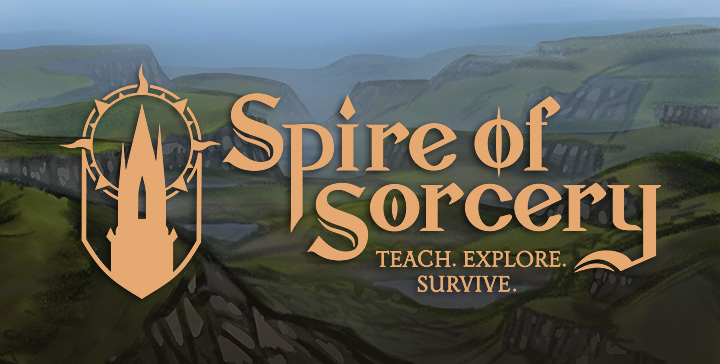
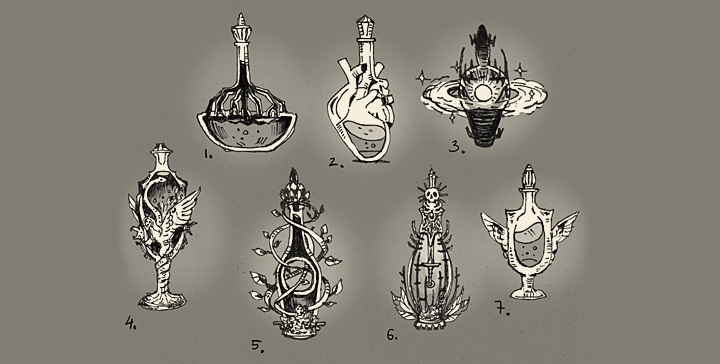
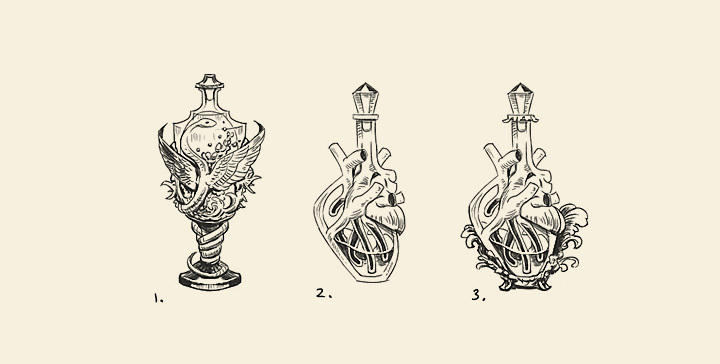
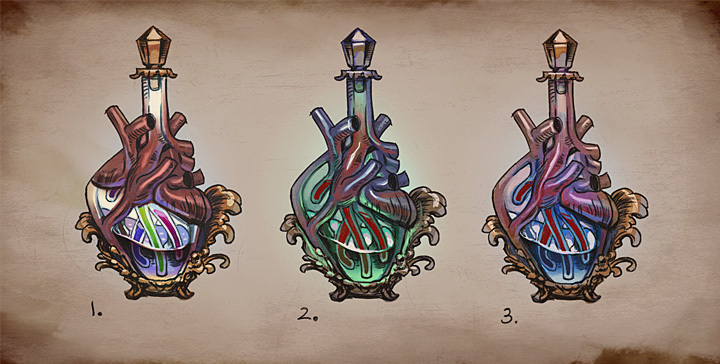
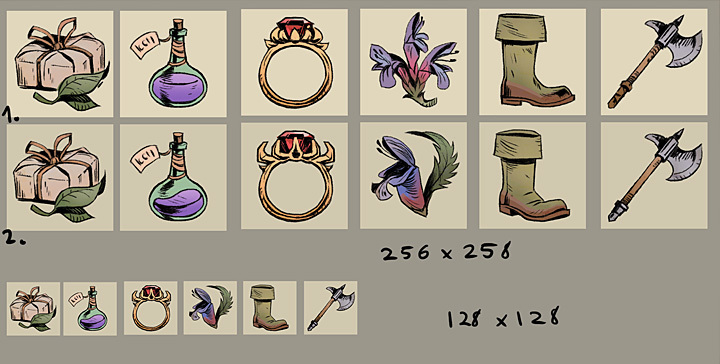

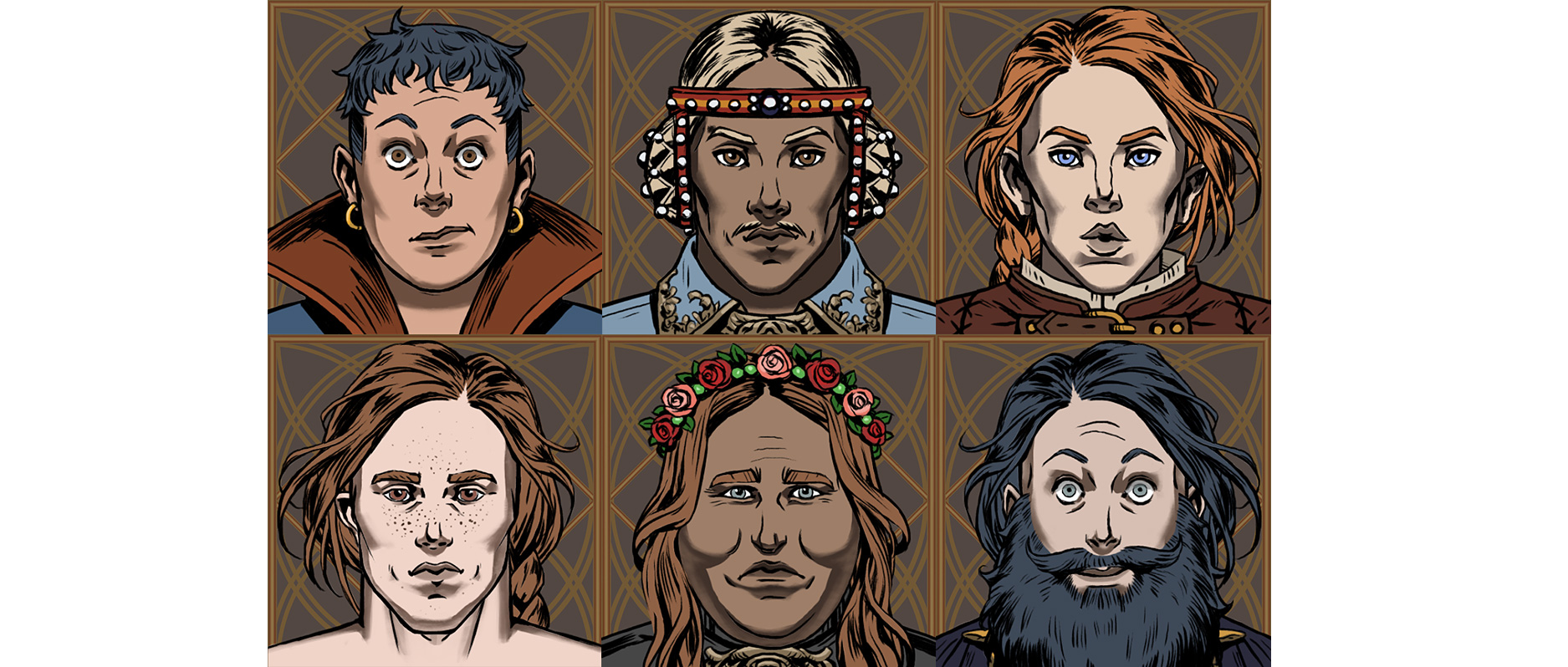



















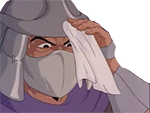


![The Year of Incline [2014] Codex 2014](/forums/smiles/campaign_tags/campaign_incline2014.png)
